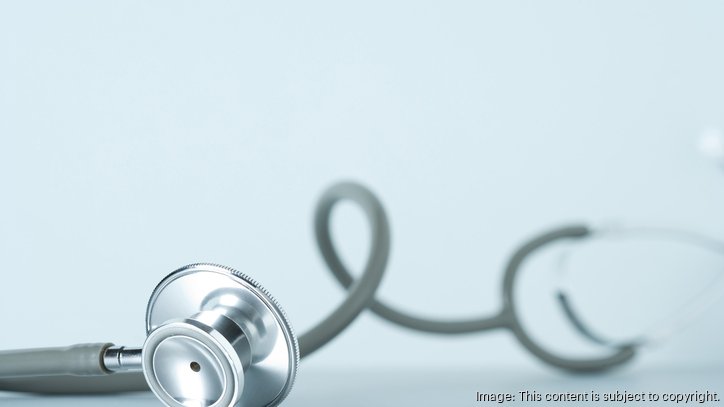Listen to this article 3 min
A $26.4 million investment from Bloomberg Philanthropies may help fund a proposed Alabama School of Healthcare Sciences.
The funding is contingent on approval of the school by the Alabama legislature.
The development of this residential high school, which aims to prepare students from across the state for careers in the health care industry while addressing rural education and health care workforce development needs, has been supported by University of Alabama at Birmingham and a consortium of Alabama health systems as well as state two- and four-year colleges and universities. The school is proposed to open in 2026 in Demopolis and serve between 85 and 100 students in each graduating class.
Alabama Gov. Kay Ivey originally announced plans for the school during her 2023 State of the State address.
The project is part of a $250 million initiative led by Bloomberg Philanthropies, which is connecting health care and education systems to create new career and technical education high schools in 10 urban and rural communities across the country including Boston; Charlotte, North Carolina; Dallas; Durham, North Carolina.; Houston; Nashville; New York City and Philadelphia; and the rural areas in Northeast, Tennessee, including six locations. The schools will collectively serve nearly 6,000 students at full capacity. Bloomberg Philanthropies’ investment will support school startup costs including personnel needs, classroom and lab renovations and other work-based learning requirements.
With the investment from Bloomberg Philanthropies, the Alabama Department of Education, the Alabama School of Healthcare Sciences Foundation, a consortium of health care systems and partnering colleges and universities will co-develop the high school curriculum, which will offer specialized health care classes, work-based learning at Whitfield Regional Hospital in Demopolis and others and the opportunity to earn credentials and certifications along with traditional high school diplomas.
“By combining classroom learning with hands-on experience, these specialized health care high schools will prepare students for careers with opportunities for growth and advancement,” said Michael R. Bloomberg, founder of Bloomberg Philanthropies and Bloomberg LP and 108th mayor of New York City. "America needs more health care workers, and we need a stronger, larger middle-class — and this is a way to help accomplish both goals.”
According to the Alabama Department of Labor, the state’s top 40 fastest-growing occupations between 2014-2024 include 17 health-related professions. These include dentists and dental hygienists, physical and occupational therapists, advanced practice providers, registered nurses, social workers and speech and language pathologists, as well as assistant positions like medical and nursing assistants, physical therapy assistants and home health and personal care aides. Beyond direct care positions, there are roles in information management, nutrition services and health care administration. The overall projections for all health care occupations show a cumulative need in Alabama for at least 5,815 new positions each year for the foreseeable future.
Demopolis was proposed as the location for the school because of its rural location, strong regional hospital and proximity to additional hospitals and higher education institutions.
“Having served in both urban and rural hospitals, I’ve witnessed firsthand the special connection between a rural hospital and its community,” said Doug Brewer, CEO of Whitfield Regional Hospital. “At Whitfield, that connection has been mutually beneficial. Because of our community support and a common commitment to the underserved health care needs of our region, our hospital has been able to re-start vital services such as labor and delivery and offer many services typically not available in a rural hospital. This special connection has made Whitfield a unique and exceptional partner for higher education to train future health care leaders."
